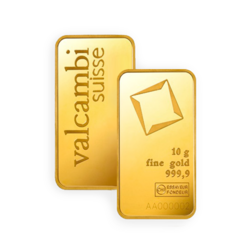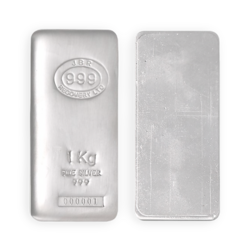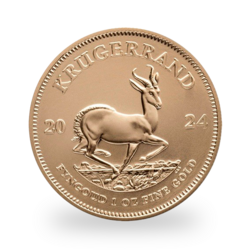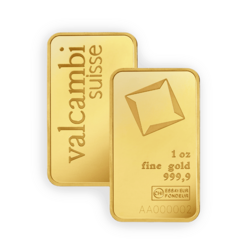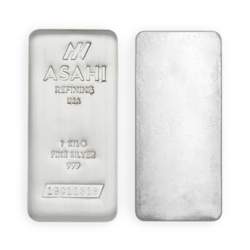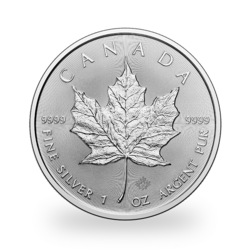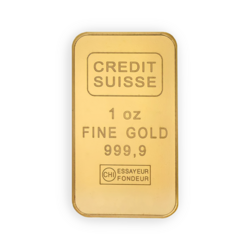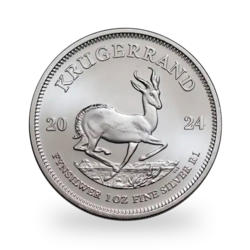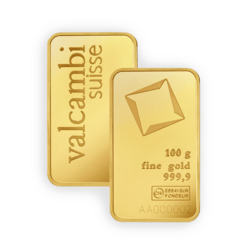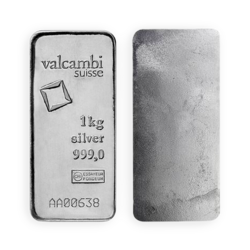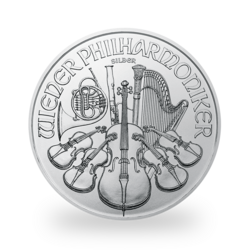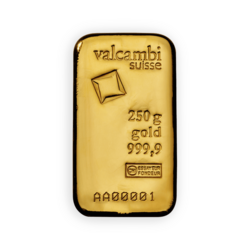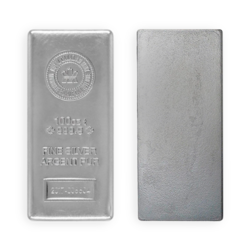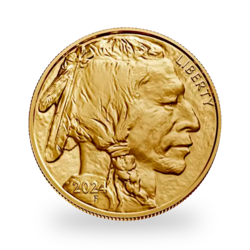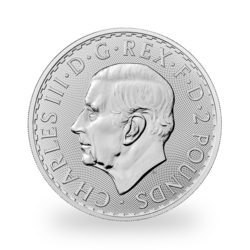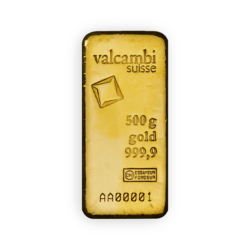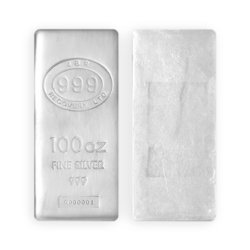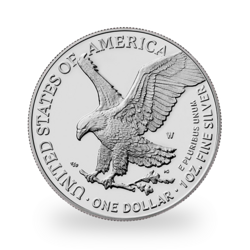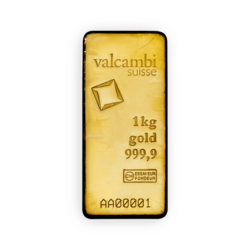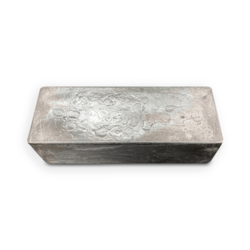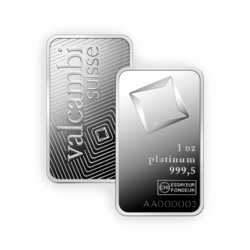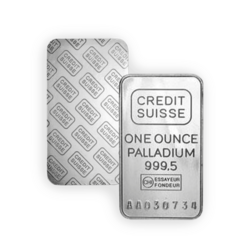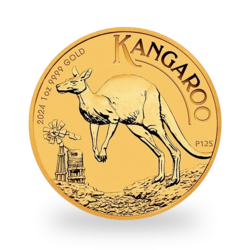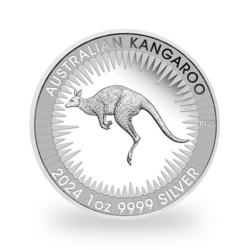By Dave Kranzler
"By having control of the physical market for gold, China can threaten to use it to destabilize the dollar, without destabilizing the yuan. As such, it is potentially devastating, and used carelessly could trigger an economic collapse in Western capital markets, wreaking financial and economic havoc in America and other advanced nations. China will never be wholly independent from trade with these nations, and severe financial and economic damage to the advanced economies will rebound upon her to some extent. For this reason, she has so far held off using gold as an economic and financial weapon, while she continues to insulate herself from periodic crises in Western economies." – Alasdair Macleod (Goldmoney)
In response to questions about when China would finally cast aside the dollar and run the price of gold up, I’ve always replied that China would be shooting itself in the foot if it tried to replace the dollar too quickly. Don’t forget, China holds about $1.2 trillion in the form of Treasuries. Note: this ratio does not include the market value of its gold holdings, the actual amount of which is unknown outside of a small circle of Chinese officials.
When the idea of a gold-backed yuan-denominated oil futures contract surfaced, it became en vogue for those unable to analyze their way out of a paper bag to issue commentary refuting the idea. For some, if an event has not already occurred, they are unable to “see” it.
This article from Alasdair Macleod is a must-read for anyone who wants to understand the path leading up to the ability to convert oil sold in yuan or gold by China’s largest oil suppliers. Judging by the various recent oil trading and gold trading agreements between Russia and China, the conversion of oil sales into gold may well be already occurring in a two-stage process between Russia and China.
"The purpose of this article is to put the proposed oil for yuan contract, which has been planned for some time, into its proper context. It requires knowledge of the history of how China’s policy of internationalising the yuan has been developed, and will be brought up to date with an analysis of how the partnership of China and Russia is taking over as the dominant power over the Eurasian land-mass, a story that is now extending to the Middle East."
While Alasdair does not overtly acknowledge the idea of a gold-backed oil contract coming from China, I would argue that the article about a gold-yuan oil futures contract in the Nikkei Asian Review – a highly regarded publication – was likely floated intentionally by the Chinese Government. If you read through Alasdair’s article, it’s difficult not to come away with the impression that China has been methodically and patiently putting together the pieces to support the ability to convert oil sold China – benchmarked by the yuan – ultimately into gold.
Yes, the fact that China does not currently permit gold to be removed from China in large quantities needs to be addressed. Analysts using this to refute the oil/yuan/gold notion seem to conveniently overlook the fact that regulations can be revised. I would suggest that “footprints in the snow” are leading to this eventuality. It’s now possible to sell oil to China in dollars or rubles or rials then convert the proceeds into offshore yuan and buy gold in China’s Free Trade Zone. As Alasdair himself points out: “Gold futures contracts in yuan are now available to international dealers in Hong Kong and Dubai using the SGE gold price as benchmark.”
Furthermore, the Commercial Bank of China (State-owned) is the sponsor of a gold futures contract offered by the London Metals Exchange. Seems pretty obvious that an oil seller can ultimately convert the proceeds of oil sold to China into gold using three transactions. Why not consolidate that process into one contract? I would suggest that a gold-backed yuan-denominated oil futures contract is inevitable. Just maybe not one the timeline preferred by the western gold investing community.
Original source: Investment Research Dynamics
Reproduction, in whole or in part, is authorized as long as it includes all the text hyperlinks and a link back to the original source.
The information contained in this article is for information purposes only and does not constitute investment advice or a recommendation to buy or sell.




